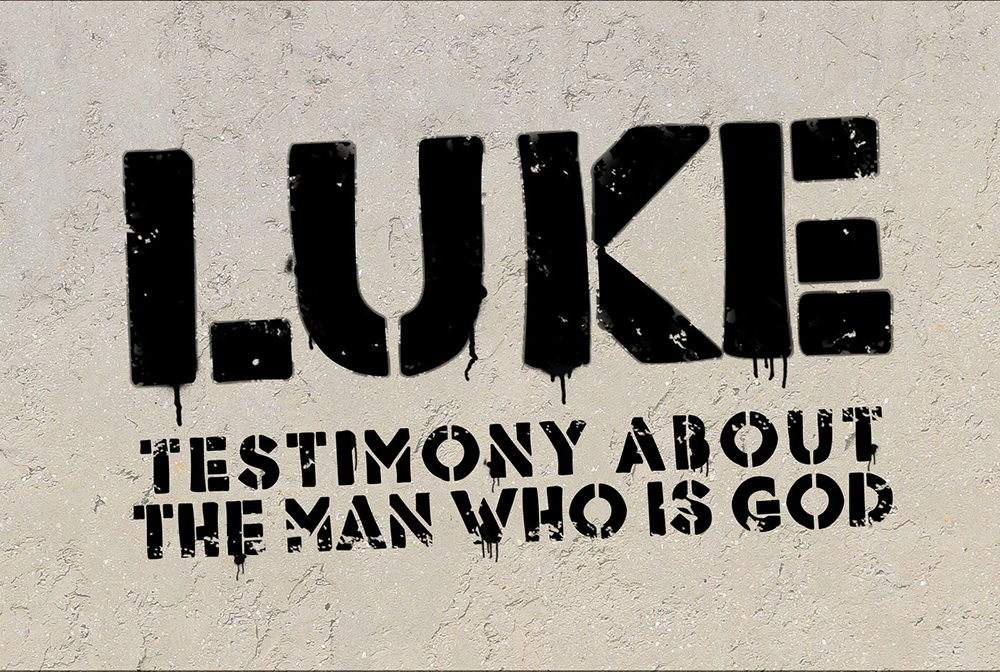Whom Will You Serve?
January 25, 2015 Speaker: Fred Greco Series: Luke
Topic: AM Service Passage: Luke 16:1–16:13
- Listen
- Downloads
If you commit to following Jesus, what does that mean? How does your profession of faith affect the way that you live your life? At the center of what it means to believe in Christ is a decision that the eternal – eternal life, eternal destiny, Christ’s eternal Kingdom – all mean more than the temporary. Even something as important as money ought to pale in comparison to a view of eternity. In Luke 16, Jesus tells a shocking parable to his disciples, and to the Pharisees who are listening in (see Luke 16:14). It is a parable of a dishonest money manager, who, when he gets caught “cooking the books,” finds a way to outwit the system and provide for himself. At first glance it appears that Jesus is endorsing trickery or theft, but as we look closer, we see a picture of how we are to think about money and the things of the world, and to view them not as an end in themselves, but rather as tools for the Kingdom. Jesus challenges us to give up worldly things for their own ends and to use them to glorify Him. Jesus is not just telling an odd story; He is asking us a critical question: “Whom Will You Serve?” (Luke 16:1-13). You cannot serve both God and money.
I. The Parable of the Shrewd, Dishonest Manager
A. Big Trouble in the City
B. A Man with a Plan
C. The Unexpected Ending
II. Lessons from the Parable
A. Using Wealth Eternally
B. Little Things are a Big Deal
C. Not Mastered, But Serving the Master
Questions for consideration: (1) Is having wealth wrong? Why does God give some people wealth? (2) Why does Jesus make the connection between “very little” and “much” (16:10)? (3) How can you tell which master you are serving? What are some practical ways today that you can serve Christ?

More in Luke
December 20, 2015
The Reality of JesusDecember 6, 2015
The Road to EmmausNovember 29, 2015
The Resurrection of Jesus